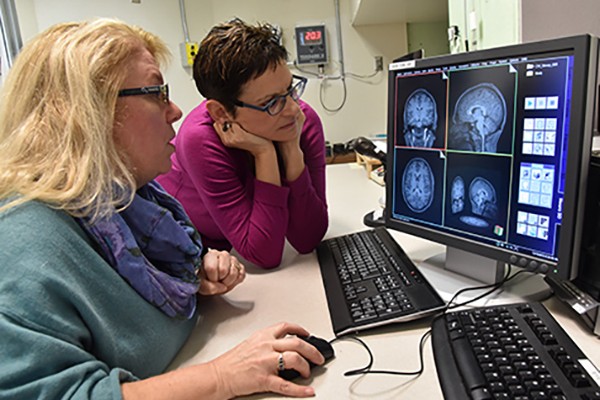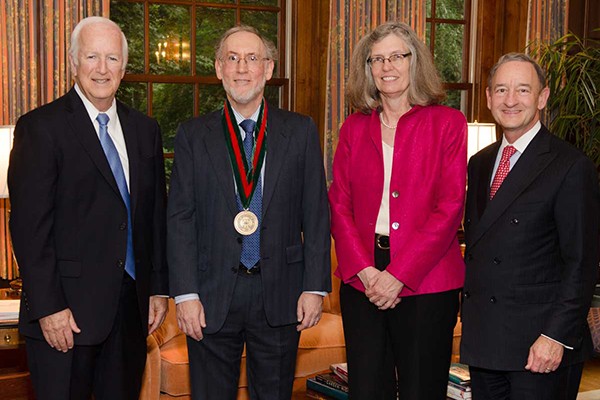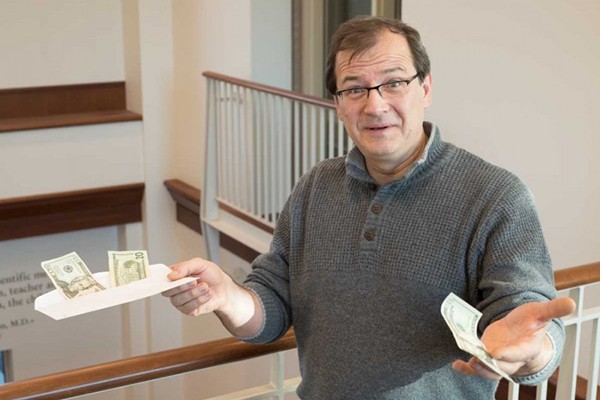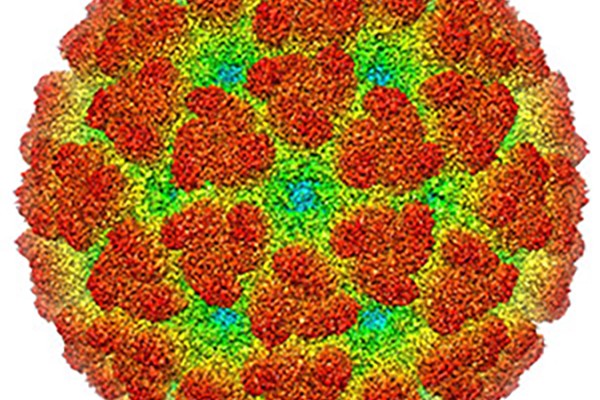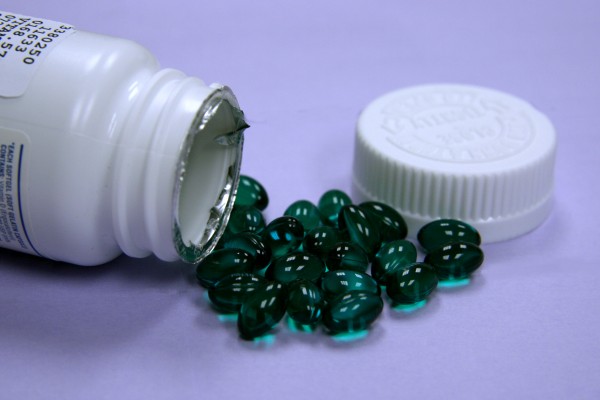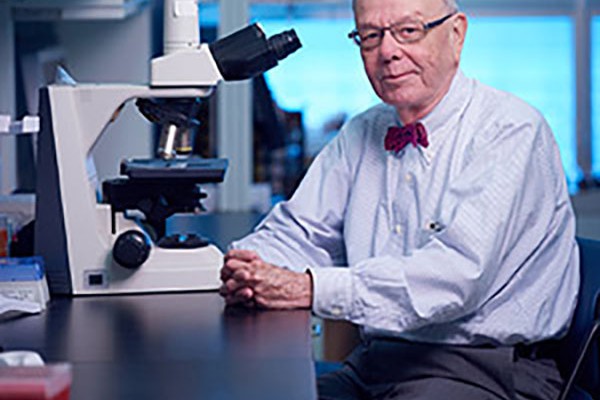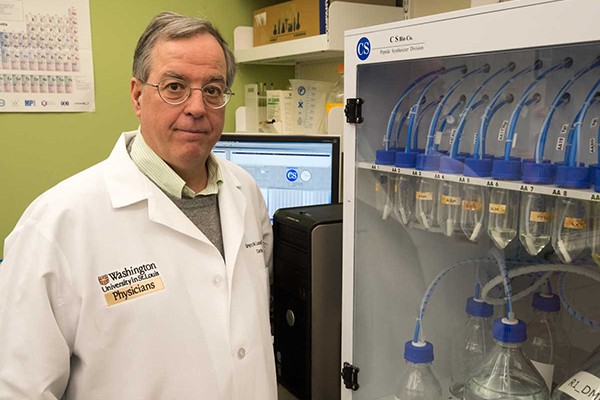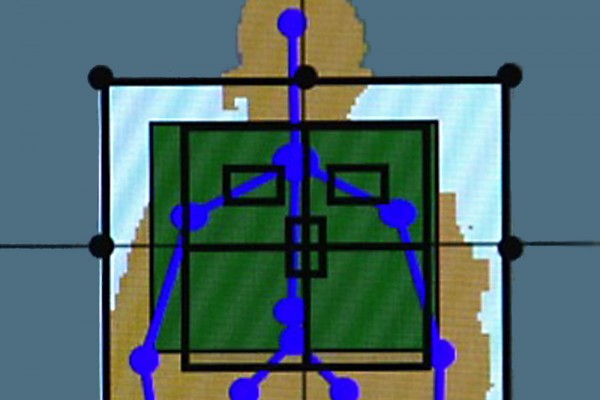Early childhood depression alters brain development
The brains of children who suffer clinical depression as preschoolers develop abnormally, compared with the brains of preschoolers unaffected by the disorder, according to university researchers. Their gray matter is lower in volume and thinner in the cortex, a part of the brain important in the processing of emotions.
Study uncovers hard-to-detect cancer mutations
New research, led by Li Ding, PhD, shows that current genome analysis approaches systematically miss detecting a certain type of complex mutation in cancer patients’ tumors. A significant percentage of these complex mutations are found in well-known cancer genes that could be targeted by existing drugs, potentially expanding the number of cancer patients who may benefit.
New center focuses on regenerative medicine
A new center has been formed at Washington University School of Medicine in St. Louis to facilitate research that explores the regenerative properties of cells and tissues. The Center of Regenerative Medicine is headquarted in the recently opened 4515 McKinley Research Building, along with several other School of Medicine centers and divisions.
Goldberg named Kipnis Distinguished Professor
Daniel E. Goldberg, MD, PhD, a renowned researcher in molecular parasitology, has been named the inaugural David M. and Paula L. Kipnis Distinguished Professor. Goldberg, who earned his medical degree and a doctorate in molecular biology from Washington University, is a longtime professor of medicine and of molecular microbiology at the School of Medicine.
Genes influence choice between small rewards now or bigger ones later
Opting for smaller rewards immediately instead of waiting for bigger payoffs later is associated with problems such as impulsivity and addiction to food, drugs and alcohol. School of Medicine researchers led by Andrey Anokhin, PhD, are reporting that such decision-making tendencies have a genetic link to brain pathways that underlie those disorders.
Research points to development of single vaccine for Chikungunya, related viruses
Researchers at Washington University School of Medicine in St. Louis have identified “broadly neutralizing” antibodies that protect against infection by multiple, distantly related alphaviruses – including Chikungunya virus – that cause fever and debilitating joint pain. The discovery, in mice, lays the groundwork for a single vaccine or antibody-based treatment against many different alphaviruses.
Vitamin D relieves joint, muscle pain for breast cancer patients
High-dose vitamin D relieves joint and muscle pain for many breast cancer patients taking estrogen-lowering drugs, according to a new study from Washington University School of Medicine in St. Louis.
Unanue receives Sanofi-Institut Pasteur Award
Emil R. Unanue, MD, an internationally renowned immunologist at the School of Medicine, has received a Sanofi-Institut Pasteur Award for his invaluable contributions to the field of immunology. The annual awards honor scientists who have made outstanding contributions to biomedical research in fields that profoundly affect global health.
Scientists receive $13.7 million to develop new multiple myeloma treatments
Researchers at the School of Medicine have been awarded $13.7 million from the National Cancer Institute (NCI) to create new therapies for multiple myeloma, a cancer of the immune system. Led by Samuel Achilefu, PhD, (pictured) and Gregory Lanza, MD, PhD, at the newly created Center for Multiple Myeloma Nanotherapy, scientists will work to develop nanomaterials and drugs to treat the disease.
Xbox gaming technology may improve X-ray precision
With the aim of producing high-quality X-rays with minimal radiation exposure, researchers at the School of Medicine have developed a new approach to imaging patients. Using proprietary software developed for the Microsoft Kinect system, the team has adapted hands-free technology used for the popular Xbox system to aid radiographers when taking X-rays.
Older Stories
